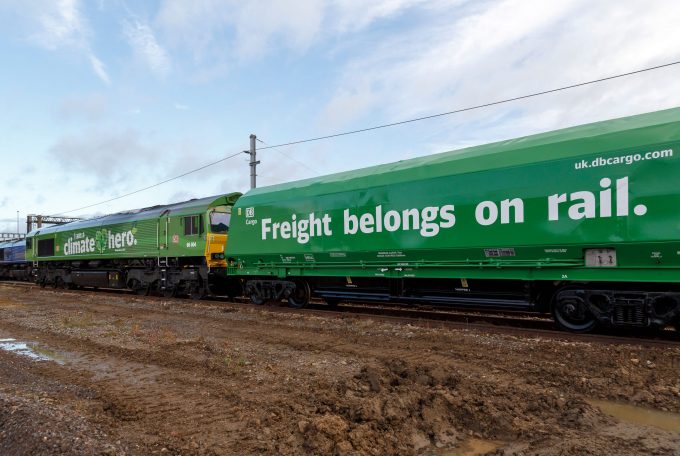Ever thought about the tariff grief cycle?
Let’s look, and don’t forget the green (net-zero 2050) angle…

Escalating energy costs are holding back electrification of European rail freight, which supply chain insiders warned could force more freight back onto roads.
On Monday, UK operator DB Cargo mothballed its fleet of 24 electric locomotives, CEO Andrea Rossi informing colleagues the decision was based on ...


Comment on this article